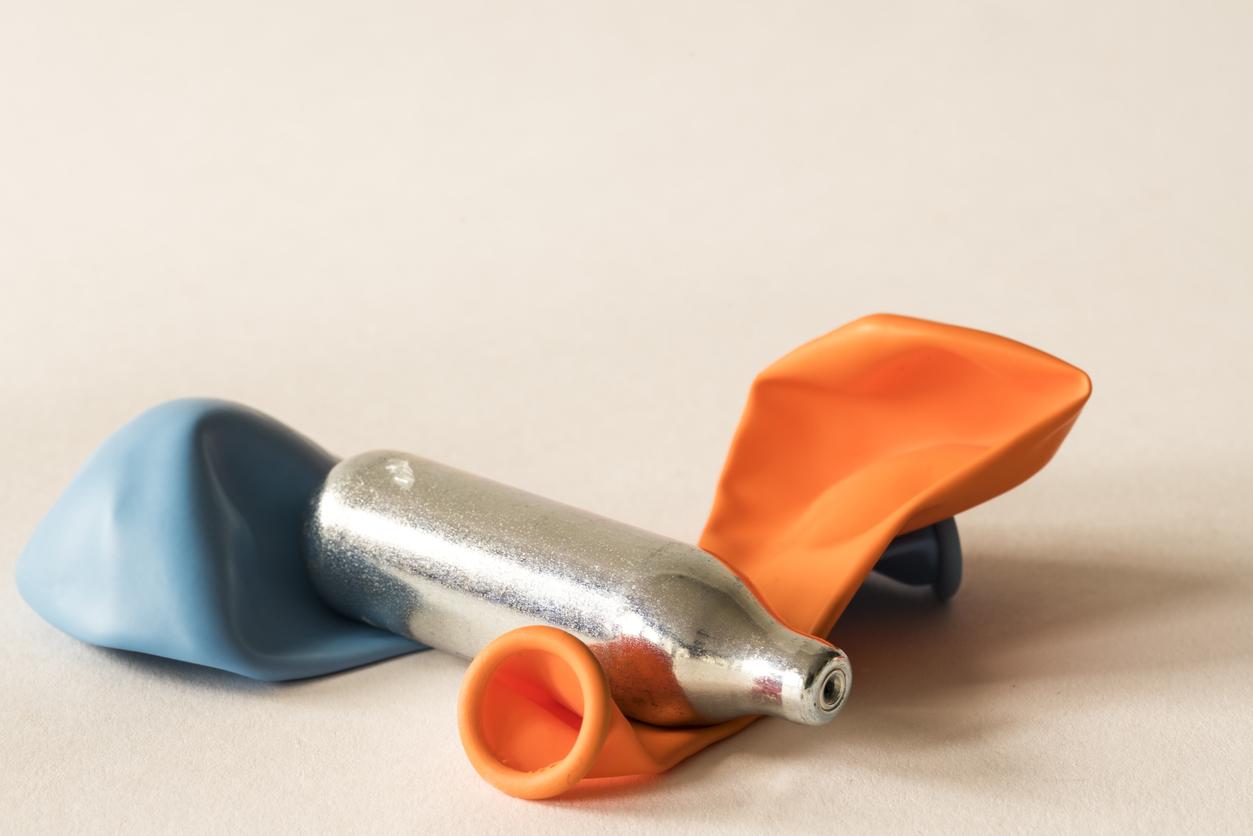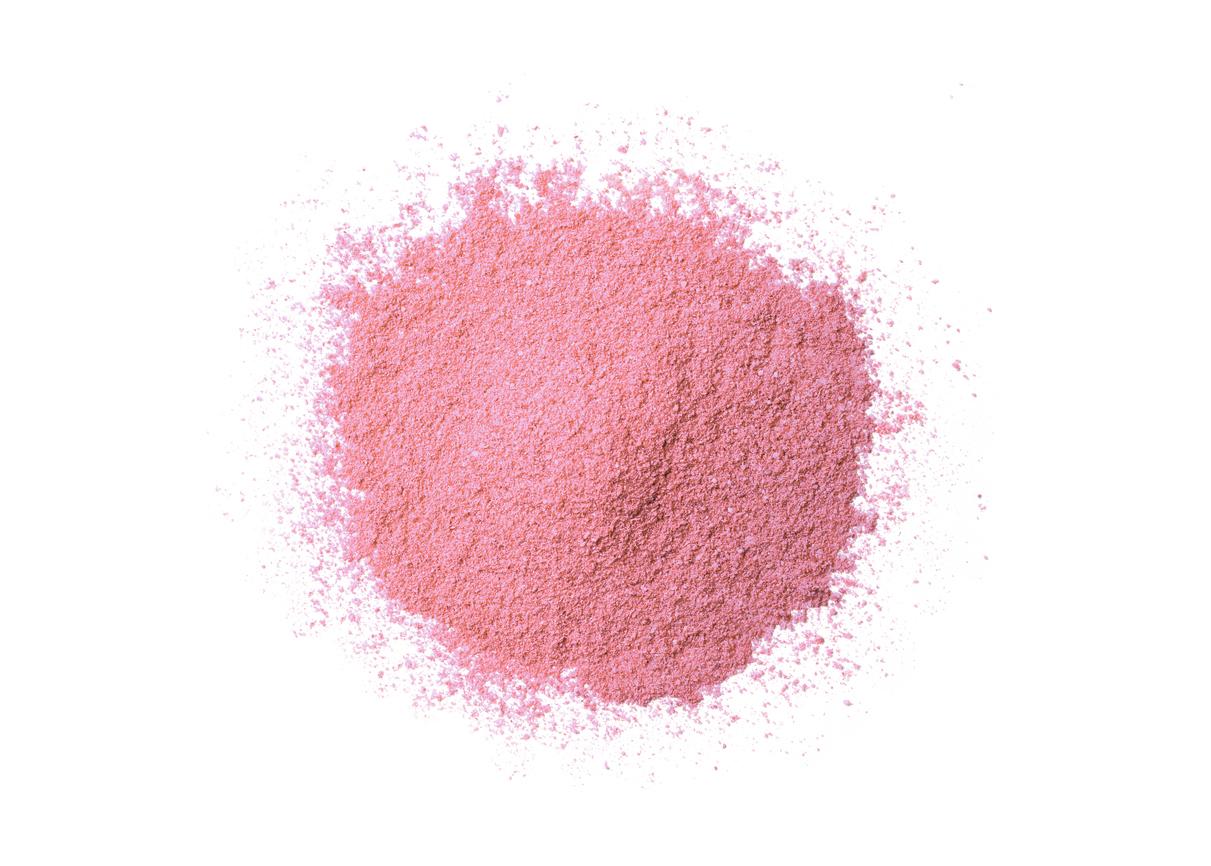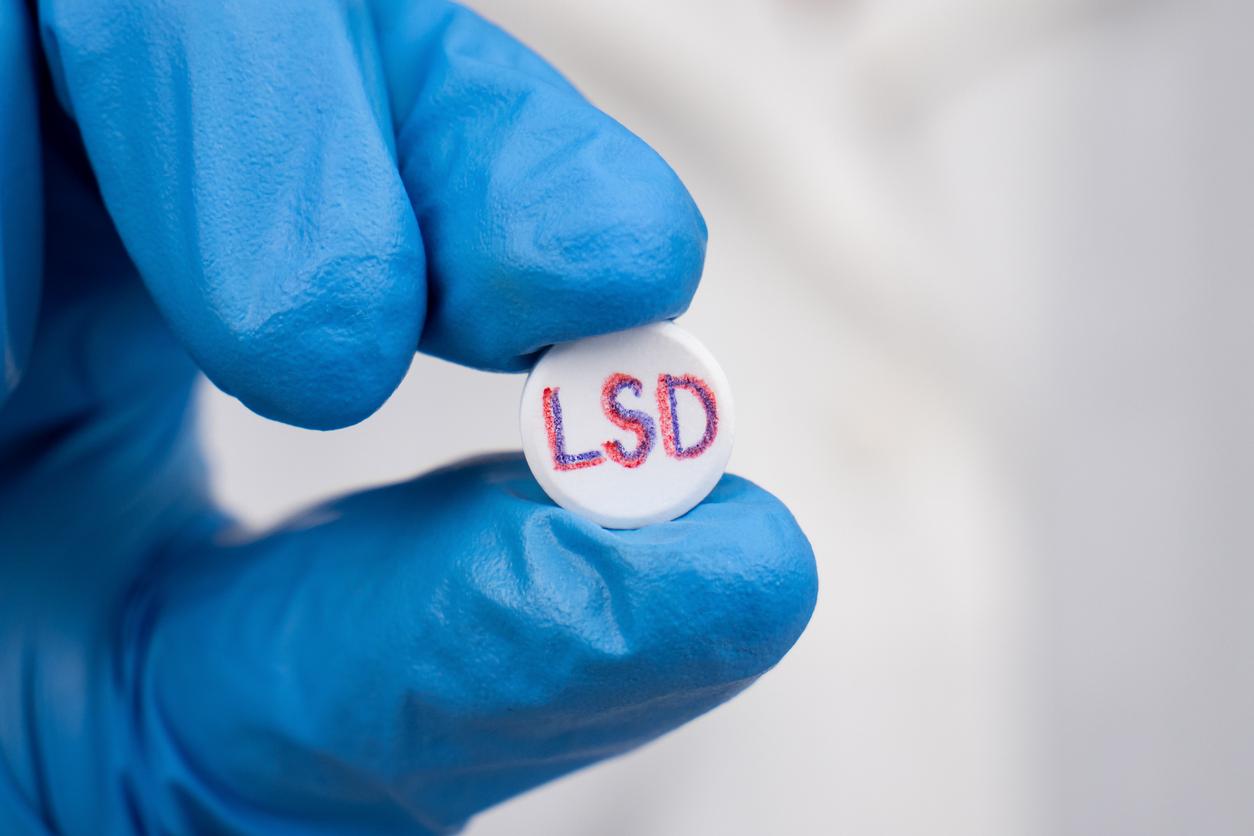Be careful not to confuse cannabidiol (CBD) with tetrahydrocannabinol (THC): if these two molecules enter into the composition of cannabis, the first has no narcotic effect, unlike the second which is a psychoactive substance – whose marketing is strictly prohibited by law.
In France, at present, CBD-based products are tolerated provided they do not contain THC. And many patients suffering from chronic pathologies (fibromyalgia, rheumatoid arthritis, neurological diseases, etc.) use it to relieve their symptoms.
Drug interactions between CBD and 57 drugs
Warning : according to a recent study by the Penn State College of Medicine in Hershey (in the United States), CBD products (and, in particular, oils) could be responsible for drug interactions.
In total, the action of 57 drugs would be disturbed by the consumption of CBD, including antidepressants (amitriptyline, clomipramine and lofepramine), oral contraceptives (ethinylestradiol), analgesics (fentanyl), thyroid drugs (levothyroxine) , sedatives (propofol) and anti-coagulants (acenocoumarol and warfarin).
The scientists (who published their work in the specialist journal Medical Cannabis and Cannabinoids) explain that the association of these drugs with a product containing CBD can reduce the effectiveness of the drug, but also cause confusion, drowsiness or even increase the risk of cardiovascular disease.
Researchers advice: do not hesitate to mention your CBD consumption to your doctor to avoid potentially serious consequences…
Source: Interministerial mission to combat drugs and addictive behavior (MILDECA)
Read also :
Severe epilepsy: cannabis used in therapy
Parkinson’s disease: therapeutic cannabis soon to be tested in Marseille
Cannabis could cure schizophrenia


















